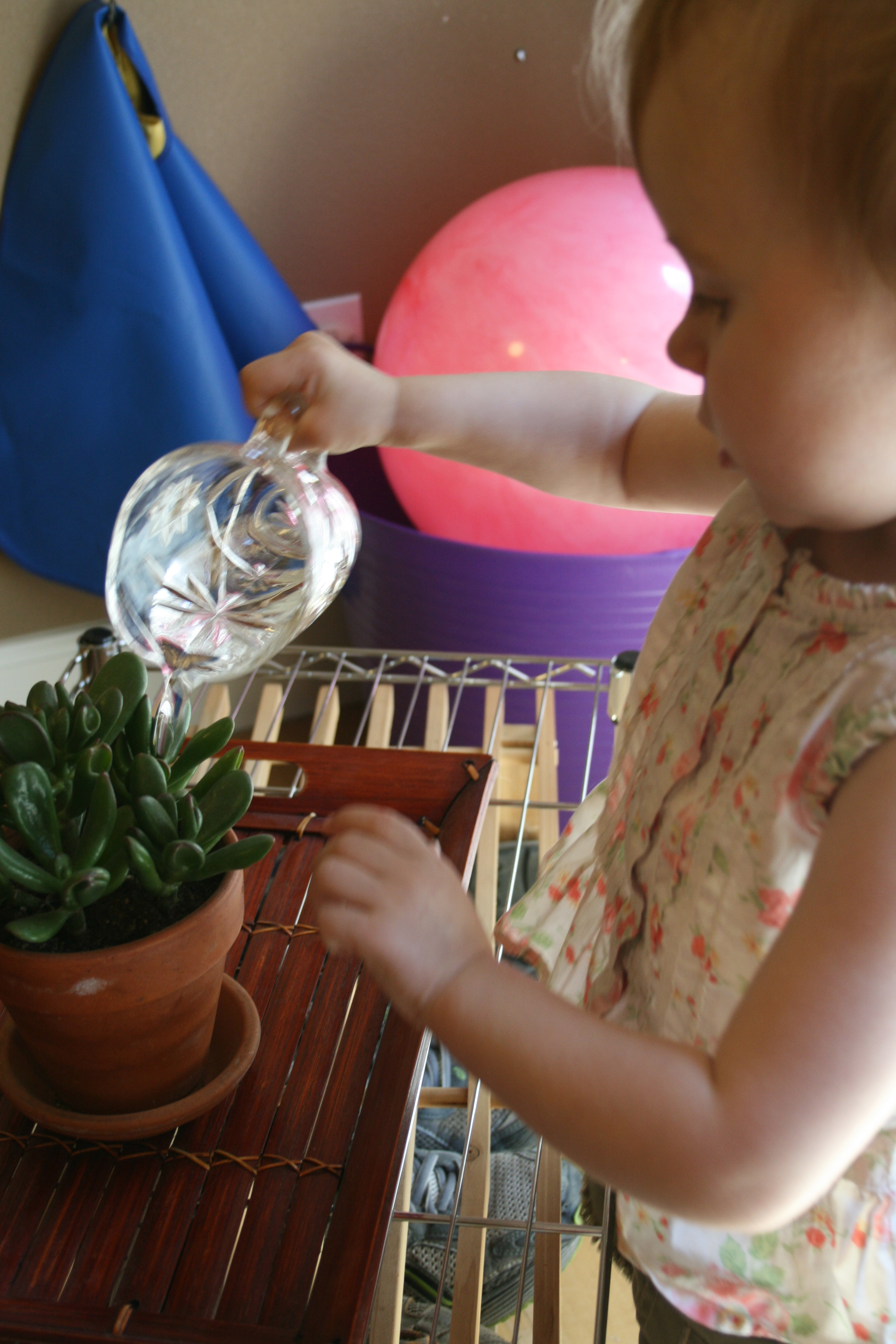Now why in the world would I suggest that you’d want to encourage your child to fail? Well, current research is telling us interesting things about which character traits are associated with lifelong achievement and success. It’s also showing us that these “traits” are not simply inborn, but can be actively taught.
Character traits like grit, perseverance, and tenacity turn out to be much higher predictors of accomplishment than test scores, grades, or even IQ. It turns out that even smart kids who lack these skills often end up leaving college without a degree or have a difficult time holding down a job. On the flip side, even children who aren’t academically gifted can achieve great things if they have the drive and tenacity to keep reaching toward their goals.





